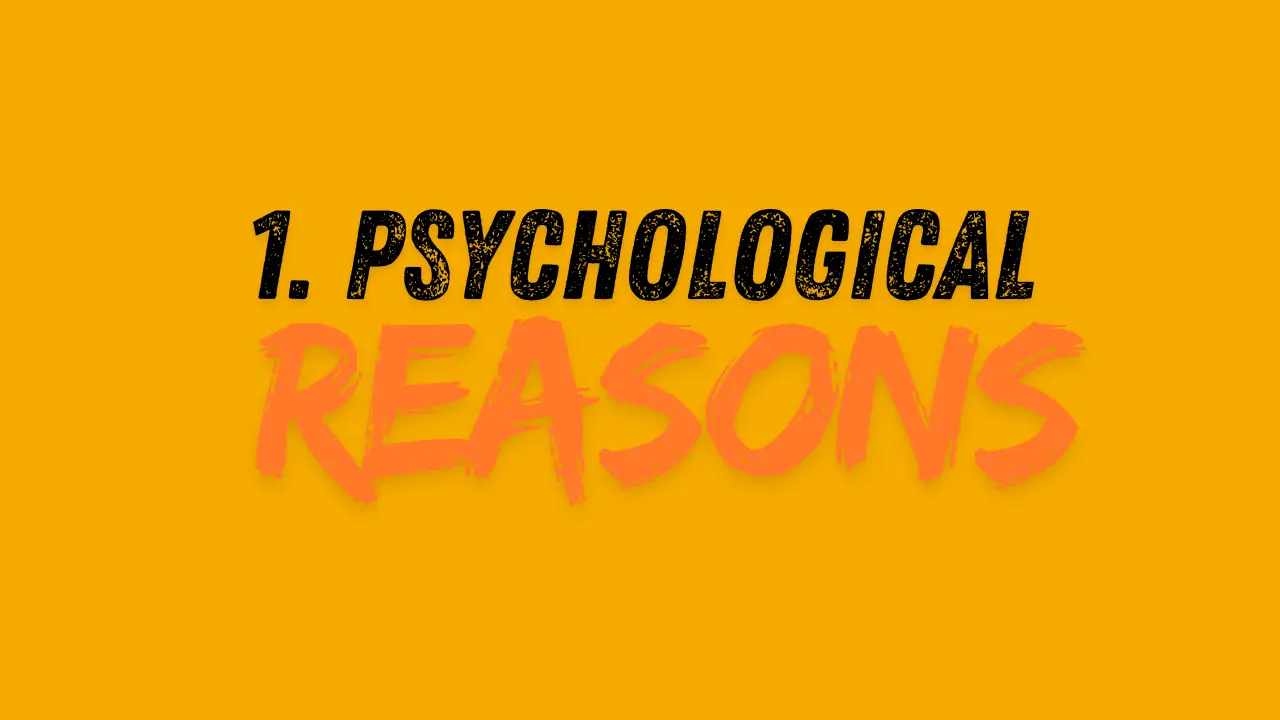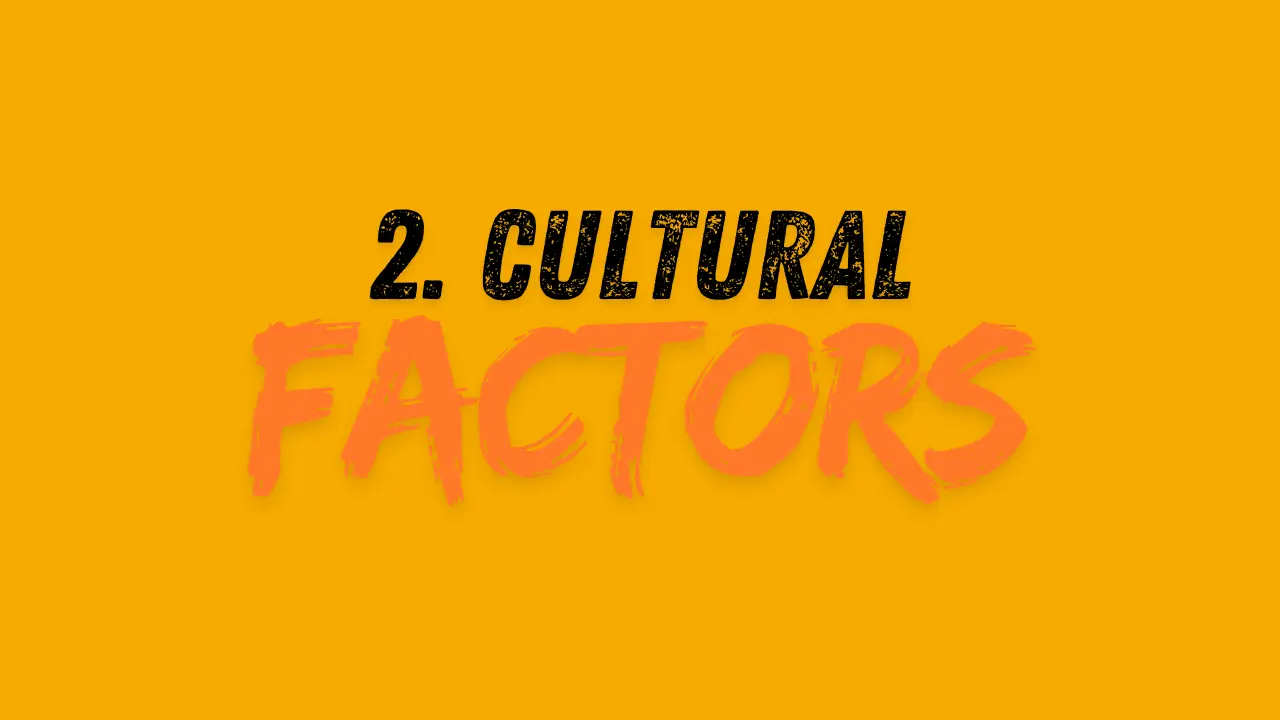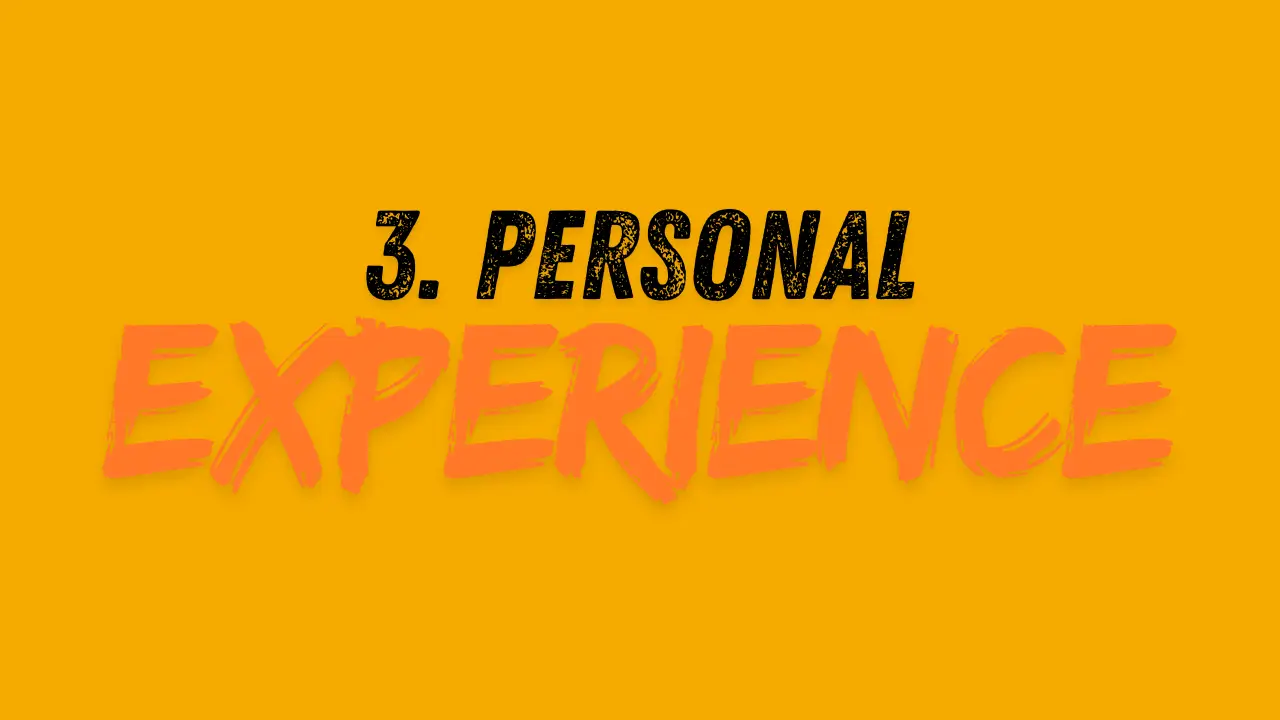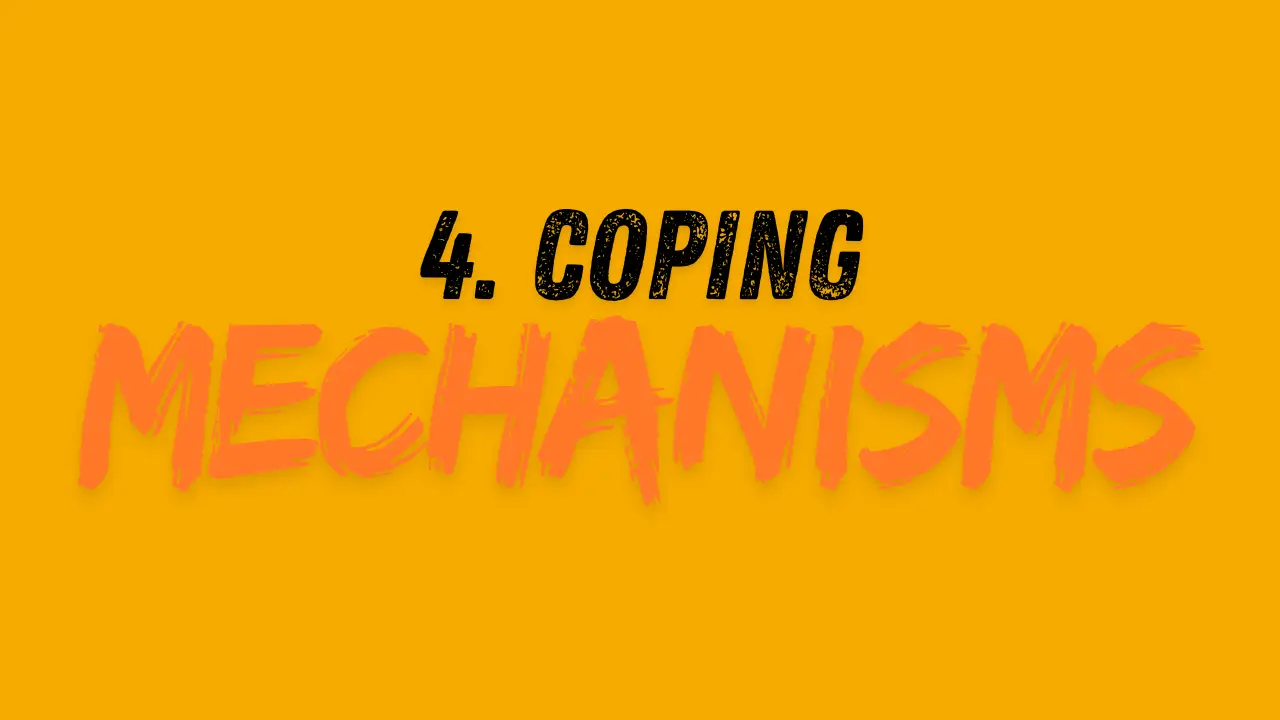Last Updated on September 20, 2024 by Kaira
Has there been a time when you couldn’t look forward to eating only because there were other people with you? You are not alone. Most of us flinch at the thought of eating in public and indeed this is quite difficult.
There can be a fear of being scrutinized, or a simple urge to do it is not there. Such worries about eating can make what is meant to be a simple activity more difficult trying out for many people.
This is something I’ve seen people complain about and I wouldn’t understand what the problem is I have often asked myself, why is it that I don’t want people watching me as I eat?
Is it because of how I bite my food or even the fear of wetting myself? It could be basic psychiatry related, concerning shyness or even experience.
It does not matter why it is, the fact is that by knowing how it works even a little bit, it becomes possible to do away with our discomfort and even keep eating without feeling pressure. So that’s why in what follows I am going to address the issue of why do I hate eating in front of others?
Psychological Reasons
Eating in company can also stimulate an old, rooted psychological itch in the people eating amongst other people. When I imagine going out for a meal with friends, I start becoming anxious for reasons that are not quite evident, for example, a feeling of self-awareness.

Anxiety in Social Situations
Social anxiety is a normal reason which makes anything about eating out very nervous. I have always been jealous of people, who are so carefree about eating in public. It makes me feel like I’m on stage, and everyone is watching every movement of mine.
This constant concern about their eating fuels my anxiety. The duality of focusing also sees the bigger facets of this problem – which is that on the average American families and individuals suffer from some form of anxiety disorder (roughly 15 million adults).
Reduction of flaws
Another aspect worthy of consideration is the fear of judgment. I am always conflicted, do people notice my discomfort or is it all imagined, however the thought of being judged negatively, often extends the boundaries of my constructive thoughts.
Out of several circumstances, one which stands out and increased my fear of eating out in public places, was when I had a corporate lunch and spilled food awkwardly all over myself.
Because of this incident, I became even more afraid of making an error in front of other people, which made me passive and avoid such situations.
Anxiety about weight gain
Weight gain anxiety is another contributing factor for this anxiety. The effect this has had on me in terms of relationships is great because I am always turning down offers to go out and eat.
There is a social expectation that when eating one is supposed at least attempt to eat as gracefully and delicately as possible which makes me sensitive.
The approach that I have been able to come up with after going through this fear included to some extent getting involved in positive self-talk and realization that many people are busy and will not take time to judge me as adversely as I perceive.
I tend to tell other people when attempting to justify such fear that the fear does not lie so much in eating per se, but rather in the anxieties that are associated with it.
On quiet days, it is possible to ingest food in the company of people, focusing more on the discussions of the others rather than on one’s inner nerves.
Overcoming this fear has not been easy, as it requires me to attend to continuously moving through difficulty, however, realising such psychological explanations helps me control my reactions.
Cultural Factors
Cultural practices and beliefs have the greatest impact on various activities of individuals that include the individuals’ attitudes towards consumption in communal setups.

That is why whenever I imagine going out to eat with friends, my adrenaline increases because there are these restrictions that we have.
Social Factors
As families have their own ways of how they deal with food, they also have their own ways of feeling sorry or not for eating in front of other people.
Coming from a culturally diverse background, I always participated in such activities as family dinners. We had the “inner circle” rule: if you have not had dinner with the family, you’re scolded. For me, it is as if I have formed a certain ‘script’ that I have to follow, which is very stressful.
There is one incident that I want to share that gave me a strong motivation to treat the eating disorder as an issue and restrict myself from eating in public that was overly delicate.
Naturally everyone laughed when some family members and I spent a family occasion, during which I tipped over a glass of water that was placed in front of me.
The funny part is that I am the only one who was embarrassed. That incident made me so cautious of what I do and panic at the thought of doing anything wrong.
Societal Expectations
Etiquettes relative to dining are also set by the society although they are not necessarily written down. I have always seen people who can casually eat in the open places as having the coolest demeanor. For me, it is as if I am in a theatre and each of my bites is under a microscope.
The impact this has had on my social life is important. I tend to avoid ‘eating out’ invites, since I somehow feel people will watch and criticize me. It is something like, and here I usually get stuck thinking it is about manners but it is quite irrational fear of society’s pressure.
Some amazing days I am able to eat among people by concentrating on talk rather than on the process of eating.
Some of the strategies I have adopted to overcome this fear include positive self-motivating statements, engaging distraction and mindfulness strategies. But, it takes time to make the progress in this fear since the pressure of what people expect is terrible.
Personal Experiences
There was a point I had embraced the thought of going out with friends to eat and I tend to get nervous.

It’s Only Empathy
I have always been quite jealous of these people. In a way, sating their hunger is an act that deserves admiration. They don’t experience this like I do, as if every morsel is taken while being examined under a microscope.
This dread arises from remnants of past experiences that much less than nurtured my attitude towards eating outside. For instance, being bullied over food during school lunch periods made me feel outcast and judged making me detest eating with others.
On another instance, I was present during one of my friend’s eating saccade that left a negative scar over my feelings.
Recurring Disgraces
Among them, one rather distressing event that added to my stress about eating outside was my drink slipping from my hand in front of relatives. I was the object of laughter but deep inside of me, it was an embarrassing situation and so I was overly conscious of everything around me.
Sometimes, I wonder if it’s just me who feels shy and awkward, or they really do see it in me, but the dread lives on all the same. This has come with important consequences on my social life. This makes me turn down a lot of social requests and I rather eat by myself.
Most I attempt to put it is that it is bad and ill mannered but deep down it’s quite the opposite, it’s all stemming from my anxiety. On my lucky days, I do not avoid people although I make sure that I concentrate on the discussion rather than eating.
I understand that it is difficult to confront this fear since fear tends to be exacerbated by the pressure to conform, but I keep pushing myself to get better.
Coping Mechanisms
The thought of going out for dinner with friends gets me agitated and petrified because of the thought of eating in front of them. I’ve always looked with admiration at people who can munch on food in public, regardless of the situation.
To me, it is as if some eyes everywhere are focusing on every little action that I do. I plan to manage these distressing emotions over food by changing my perception towards myself, adopting presumed media attention, and finally working with a therapist.

Developing Self-Confidence
This fear often interferes with one’s ability to cultivate self-confidence when it comes to eating socially. One shockingly embarrassing episode which heightened my public eating anxiety was at a family gathering when I spilled a drink.
This internalization discourages myself from too negative self talk. For instance, I examine memories of social meals that proceeded successfully.
Many times, I feel uncomfortable and worry that others notice my discomfort or that it is all in my imagination; however, low self-esteem does prevent disturbing such delusions.
Finding social outlets and activities where communal eating is not the main focus can greatly improve one’s confidence in a group setting.
Practicing Mindfulness
Mindfulness as a way of resting and feeling relief from negative emotions like anxiety is holistically effective. On some days, I do manage to have meals with others, for instance, by concentrating on their discussions instead of the act of chewing.
Mindfulness relaxation techniques including deep breathing and focusing on the activity at hand, mitigate the unpleasant feelings of going out for meals.
When I eat, I observe what is going on around me and this keeps my mind relatively free from worries. I have also noticed that I feel less anxious when I practice some form of mindfulness on a regular basis.
Seeking Professional Help
Therapy is something very strange for most people and therefore, in most cases, after self-help measures one has to depend on other measures: professionals.
This has been a long process for me because in the scope of that defeatism, there are social customs which may be too strong. If I need to explain this fear to other people, for example, I usually say that it is more about fulfilling basic social requirements which is not all that anxiety provoking.
There are passive ways of coping such as turning to those who can help including a therapist or counselor.
There are specific methods such as panic focused cognitive behavioral therapy that aim at effectively restructuring unhelpful emotions and beliefs that have developed in socially anxious people over time and thus creating effective tools to handle these blockages.
The impact this has had on my social life is concern but by sheer persistence and some professional help it can be controlled.
Conclusion
The reasons for my uneasiness with having lunch in the presence of someone else have become much clearer. Being aware of the social anxiety and previous experiences contributing a lot allows me to address those issues in order at the cause.
Controlling my mind with positive self-talk & mindfulness is how I will slowly build away these fears. I recognize that it will take time and consistent effort to overcome these fears, especially in the midst of managing pandemic weight gain.
However, I am committed to retraining my thoughts and focusing on the present moment through mindfulness practices. By replacing negative self-talk with affirmations and staying mindful of my thoughts and actions, I believe I can gradually diminish the power these fears hold over me.
With patience and dedication, I am confident that I can create a more positive and empowering mindset. The point is, give yourself a break and remember that talking to someone can really be life-changing, like seeking cognitive-behavioral therapy.
Eating meals without stress opens truly when you begin to build self confidence and reinforce positive experiences. With some purpose and support, you can definitely work towards feeling more at ease in these situations.

